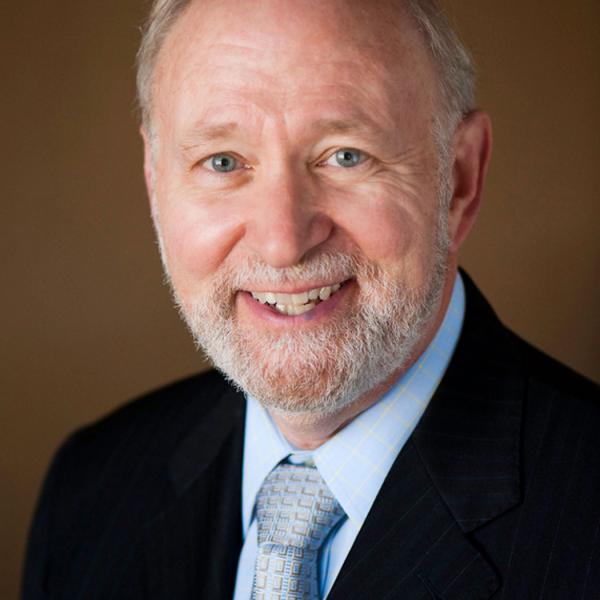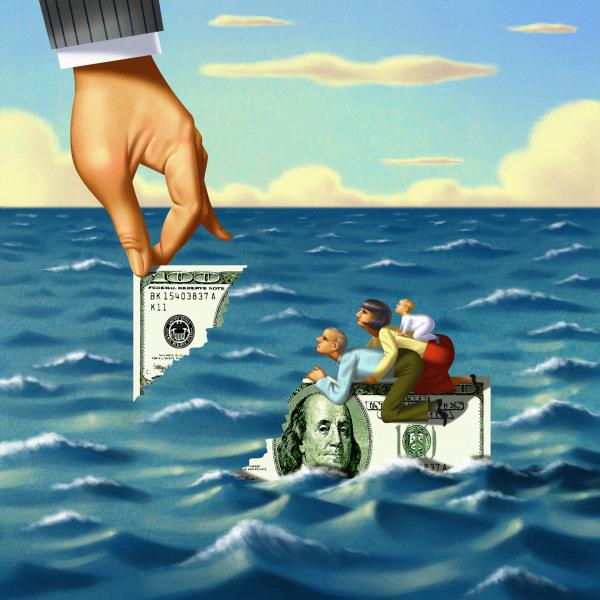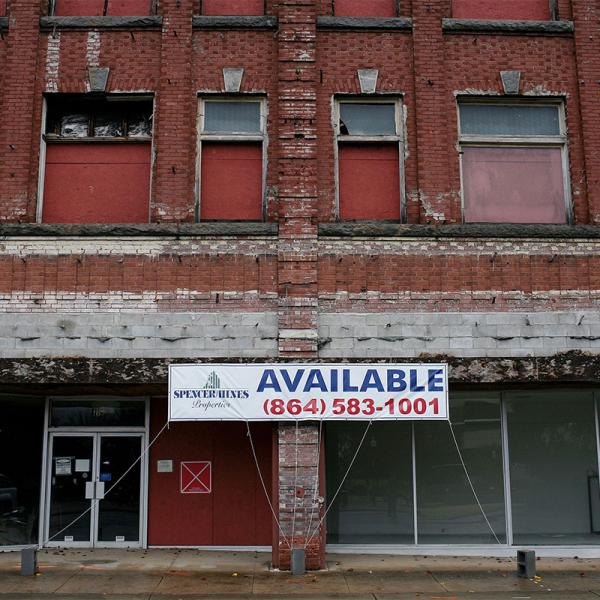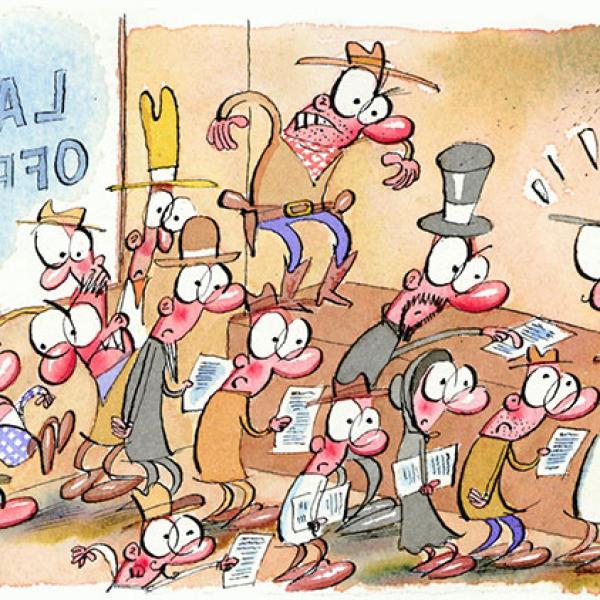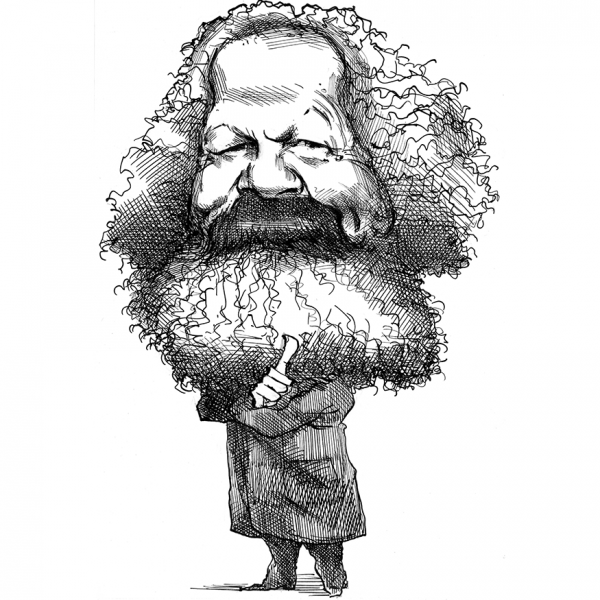Fourth Quarter 2015

The States Try Supply-Side Tax Cuts
Bad Idea Redux. by William G. Gale, Aaron Krupkin and Kim Rueben.
The Browning of America
Coming together.
Bitcoin
An idea that will change the world. By Staci Warden
The Scary Debate Over Secular Stagnation
Hiccup ... or Endgame? By J. Bradford Delong
China’s Money Goes Global
This is gonna be tough. by Barry Eichengreen
Who Gets What – and Why
Book Excerpt Alvin Roth explains how matching markets fail, and how to fix them.
Letter from Italy
Sweet survival. by Charles Castaldi
The Urgent Need to Measure Patient Safety
Scorecard needed. by Thomas R. Krause
Institute News
Rating China's cities.
Afterthought
Marxism redux.
Summary of this Issue
In this issue, brad delong, of the University of California, Berkeley, offers an analysis of Former Treasury Secretary Larry Summers' controversial claim that the United States and Europe face a bleak economic future unless government provides an ongoing boost. staci warden, of the Milken Institute, concurs with the mainstream view that "Bitcoin's core value proposition as a substitute for regular currencies is, frankly, questionable."
barry eichengreen, another economist at Berkeley, steps back from the speculation about the prospects for the Chinese renminbi as a global currency to ask why it matters. charles castaldi, a former NPR journalist, takes a trip back to his native Italy to assay the country's prospects in the midst of Europe's financial agonies.
william gale, aaron krupkin and kim rueben of the Brookings-Urban Institute Tax Policy Center in Washington examine state governments' obsession with supply-side tax policy.
alvin roth, a Nobel economist who is the author of the new book, Who Gets What – and Why, explores "matching markets," in which price alone can't balance supply and demand – think of markets for everything from marriage to college admissions to donated kidneys.
thomas krause, a consultant on workplace safety, argues that the first step in reducing unnecessary hospital deaths is to measure the horrific toll accurately.
